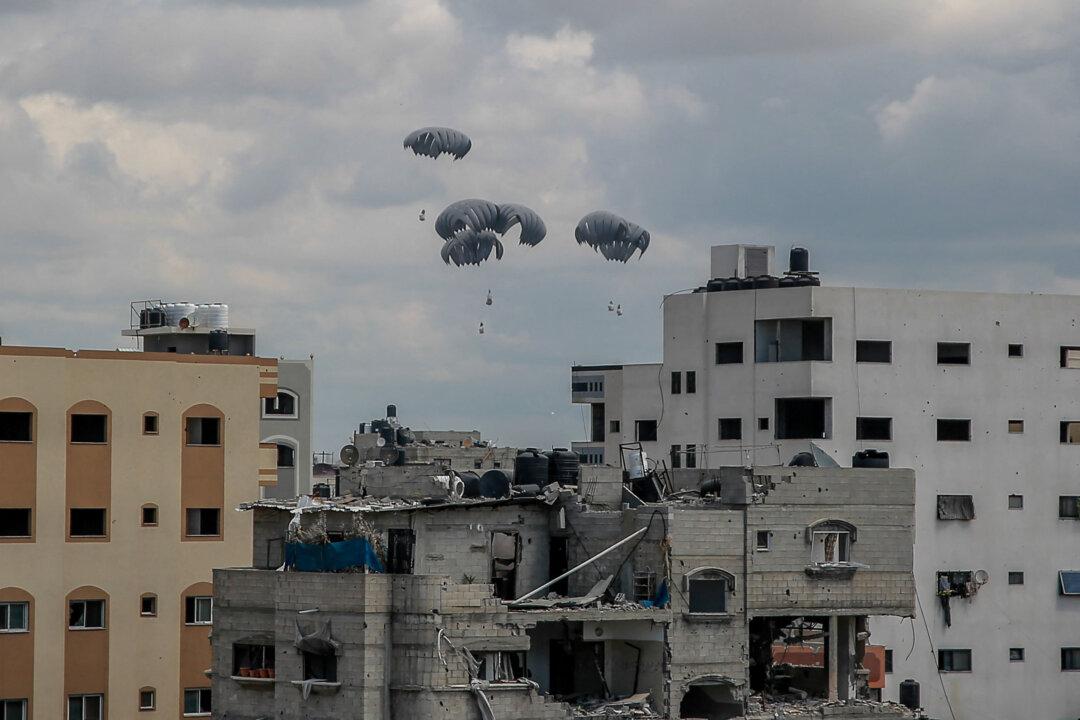The attack of the seven aid workers, including one Australian citizen, in Gaza by Israeli drone strikes was an unintentional move, according to an Israeli government spokesperson, who admitted that the incident was a “grave mistake.”
The comment came after Australian Prime Minister Anthony Albanese said the Israeli government needed to be held accountable for the death of Melbourne-born Zomi Frankcom, a worker with food charity World Central Kitchen.




